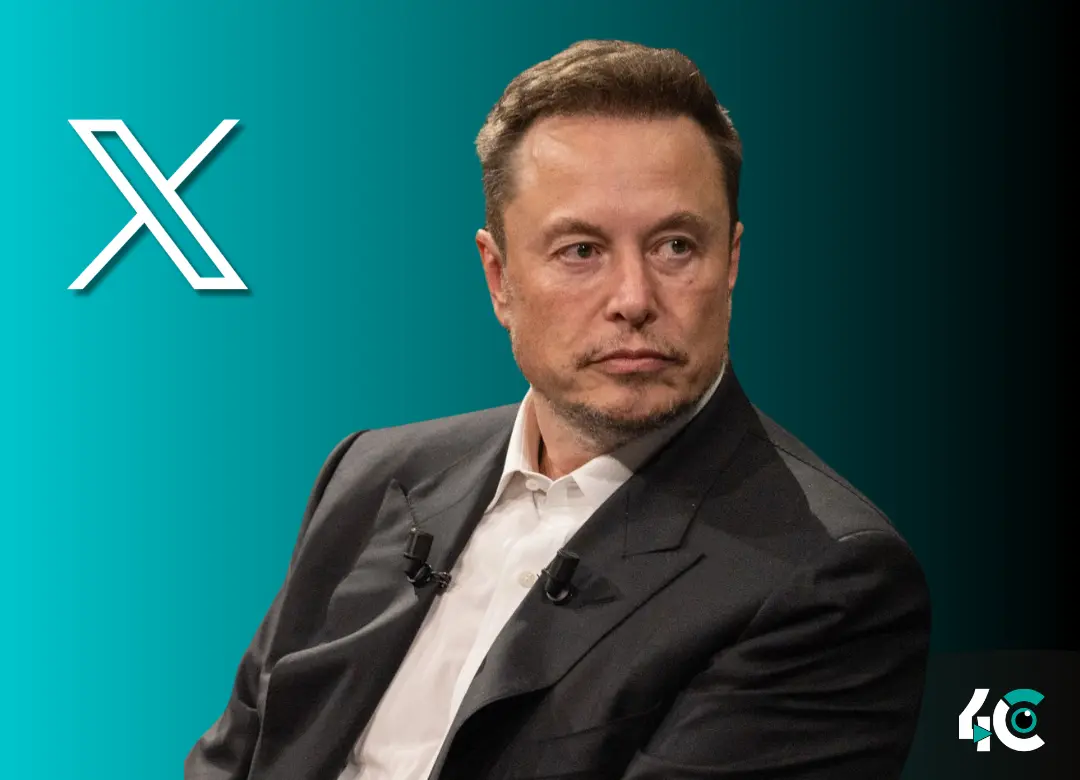Elon Musk’s $44 billion buyout of Twitter has become a severe financial challenge for the banks involved, marking it as one of the most troubled deals since the 2008 financial crisis. The banks, which initially provided around $13 billion in loans for Musk’s acquisition, are now grappling with these problematic loans. Instead of selling to other investors, the banks have retained the loans on their balance sheets. Typically, banks sell off such loans quickly to manage risk. However, due to Twitter’s poor financial performance since its acquisition, these loans have become a significant burden.
Musk once valued Twitter at $38 billion when he purchased it, and it peaked at about $62 billion in 2020. Today, as a private entity, X (formerly Twitter) does not disclose its revenue, making it challenging to assess its current value accurately.
Estimates from late 2023 and early 2024 place its worth between $12.5 billion and $19 billion, well below Musk’s purchase price. Banks like Morgan Stanley and Bank of America, which hold a large portion of these loans, have seen their value drop as X struggles with revenue. Although these banks continue to receive interest payments, the loans are proving to be a significant financial burden.
One of the affected banks, Barclays, even reduced employee salaries by 40% due to several challenging deals, with the Twitter acquisition being the most significant. As these loans remain unsold, the banks face the difficult task of managing their financial impact. While they still earn interest, the overall value of the loans has diminished, and some banks have had to record significant losses. This situation highlights the ongoing difficulties associated with high-profile buyouts and the complex financial landscape surrounding large-scale corporate acquisitions.



























